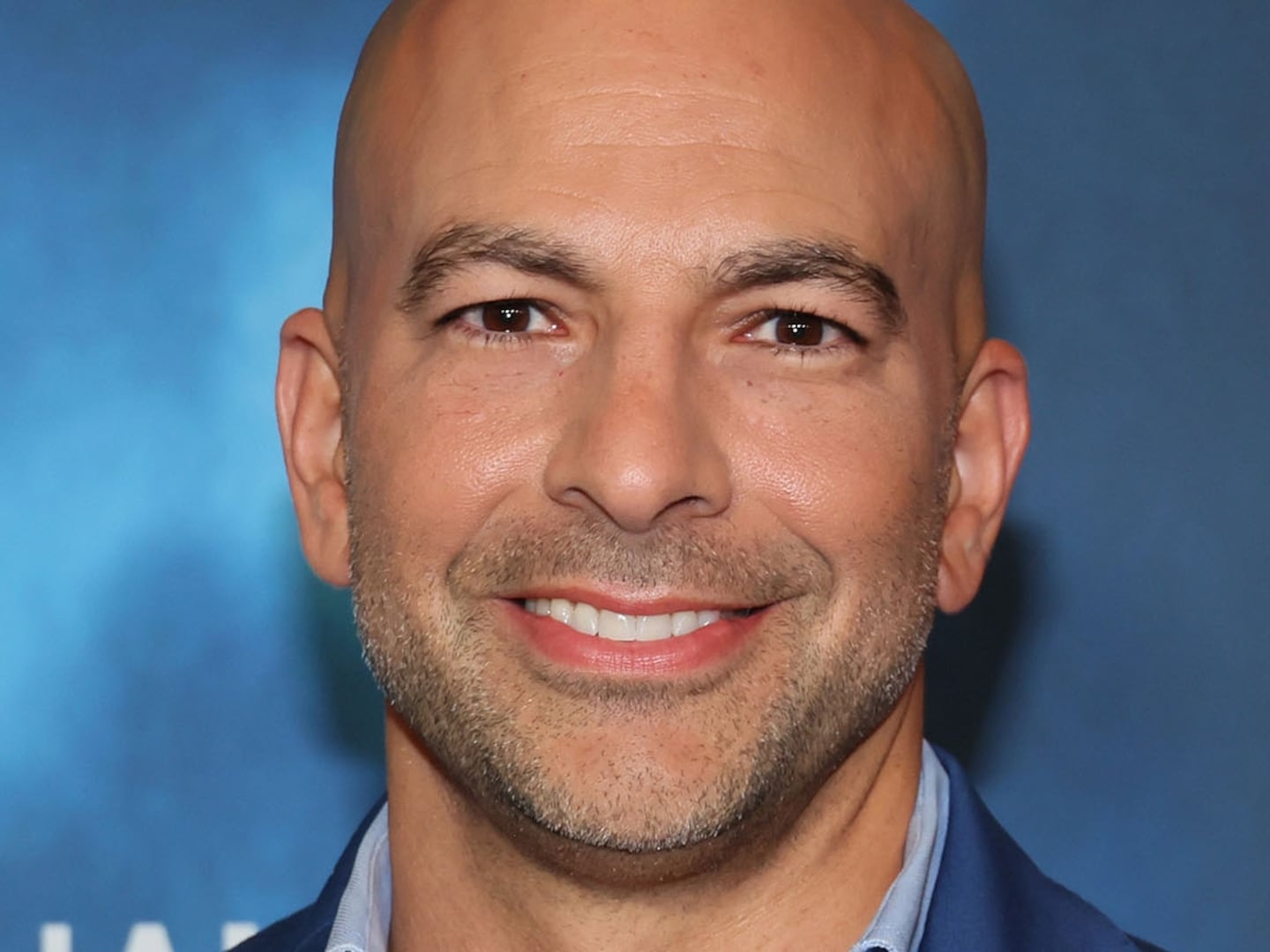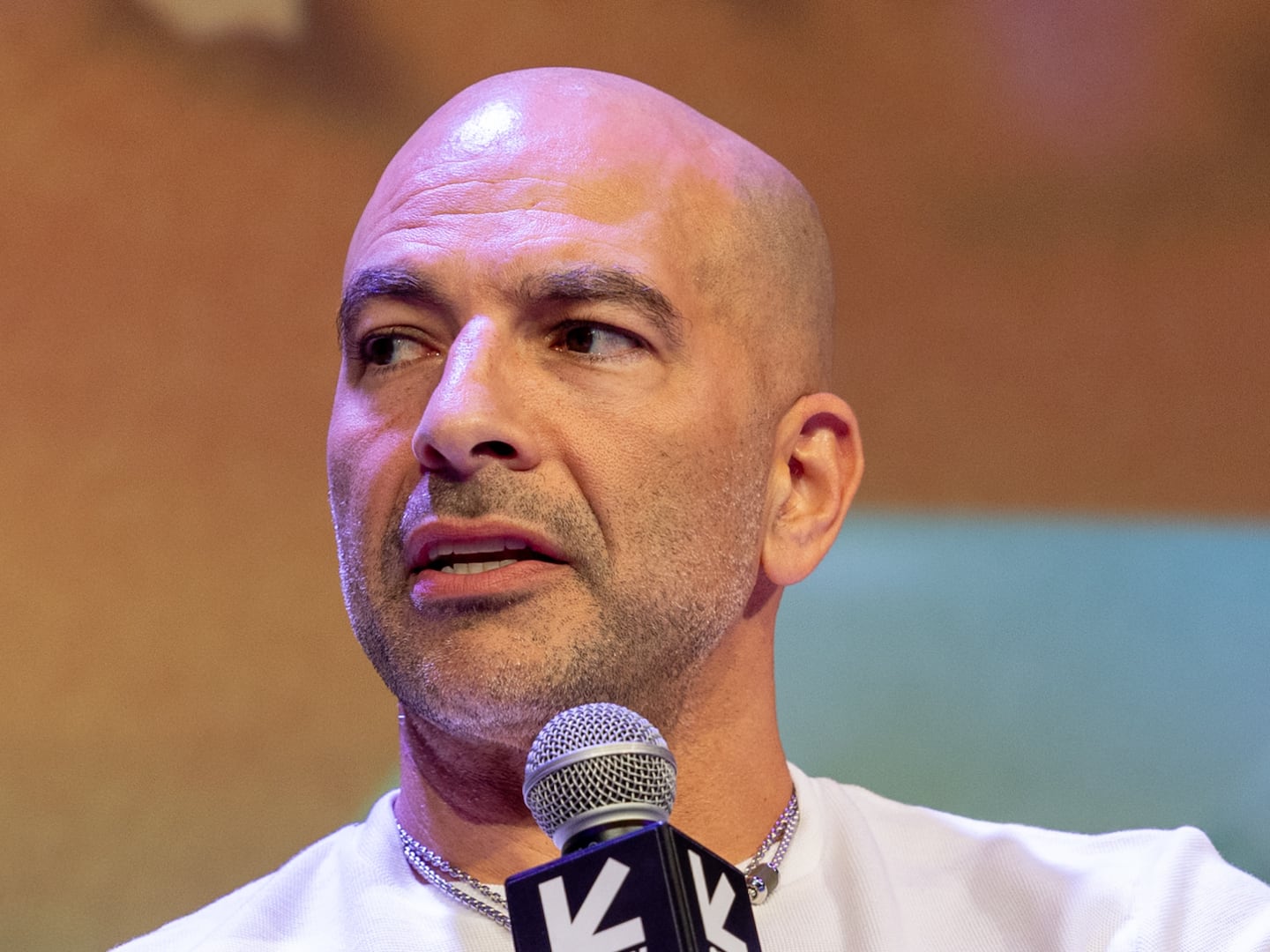Generation Me, Generation Spoiled, Generation Screwed—these are just some of the commonly found labels for millennials. Simultaneously self-obsessed and self-assured, they think they know everything and look upon their elders with disdain. But a new study released Tuesday shows that today’s youth might not be so callow. Indeed, a majority of millennial workers actually view their bosses in a positive light and look to them for guidance and mentorship.

“It exposes that we always hear that people have a negative view of millennials—they are entitled and lazy, but people don’t look at the other side,” said Dan Schawbel about the study he conducted in conjunction with American Express. “But millennials actually have a positive view of managers as experienced and being mentors.”
According to the Gen Y Workplace Expectation study, which surveyed 1,000 employees between 22 and 29 and 1,000 managers, both managers and millennials are on the same page when it comes to the importance of workplace success. But they differ in terms of how they view one another. Almost 60 percent of millennials believe their bosses can offer experience, and 41 percent think they can offer wisdom. Managers on the other hand largely view millennials as having a poor work ethic (47 percent), being easily distracted (46 percent), and having unrealistic salary expectations (51 percent).
Schawbel, a millennial himself who founded Millennial Branding, a consulting firm that helps companies understand the potential value of millennial workers, says the numbers in the poll solidify a belief he already held—that older generations just don’t understand millennials. This proves to be especially true in a work environment where generational differences create expectation divides.
“I think there’s a disconnect because older workers who come from a time when you have one career for life and corporate loyalty, and millennials who just want to make an impact on day one,” said Schawbel. “[Millennials] want workplace flexibility, to be able to work from home, they want an entrepreneurial culture, they want that innovation, and they want their voices to be heard. So a lot of companies and managers are having trouble with this because it’s not how they were raised or how they were taught.”
Determining what disconnects millennials and their employers is a key step to future business stability. This is especially so given aging baby boomer management, increased costs to replace employees who “weren’t a good fit,” and the oncoming flood of millions of millennials entering the workforce. By 2020, 46 percent of the working world will be from Generation Y.
“This is just the beginning of what companies are going to have to deal with, but it’s going to get big in the future, and companies are going to have to learn how to deal with [millennials],” said Schawbel.
The workplace expectation study was created as a component of Schawbel’s new book, Promote Yourself: The New Rules for Career Success, and highlighted a general disconnect between the skills and actions millennials and managers valued.
Managers said that two of the biggest skill sets they believed millennials needed to work on were their interpersonal skills and soft skills. Almost 90 percent of managers said the top skill they hoped for in an employee was his or her ability to prioritize work, followed by a positive attitude.
On the other hand, numbers showed that these expectations were oftentimes unclear to millennials. Millennials polled said they often felt they weren’t getting enough feedback from their bosses, and 53 percent said that a mentor would help them become a better and more productive employee.
Another key finding was the difference of expectations between the amount of time it should take to get a raise or promotion. Three quarters of managers polled said it would take about four years for an employee to move to the management level; by contrast, 66 percent of millennial polled said it should take that long. In essence, managers think millennials have to be more patient.
Schawbel says both parties are to blame for the divide, which is largely because of lack of communication.
“The No. 1 thing that managers need to do is set expectations. As millennials don’t see a path up or a certain way to progress up their companies, they leave, they look elsewhere,” he said. “If managers say, ‘Talk to these people and if you do A, B, and C, you will end up in my position in so many years.’ That’s key. Those expectations are so important, and nobody is setting them, which is why turnover is so high.”
But he also argues that work needs to be done on both ends.
“I urge millennials to master your current job, prove yourself, make your bosses look good, and then expand your work responsibilities.”






